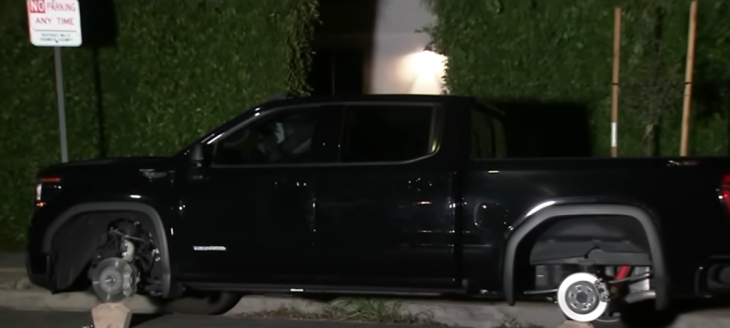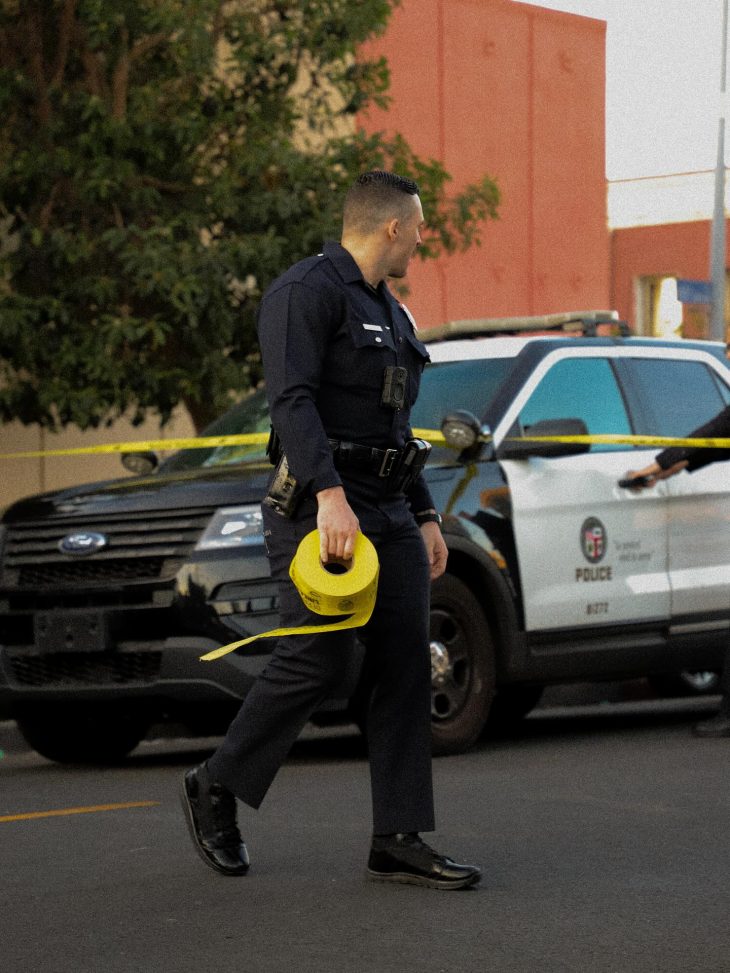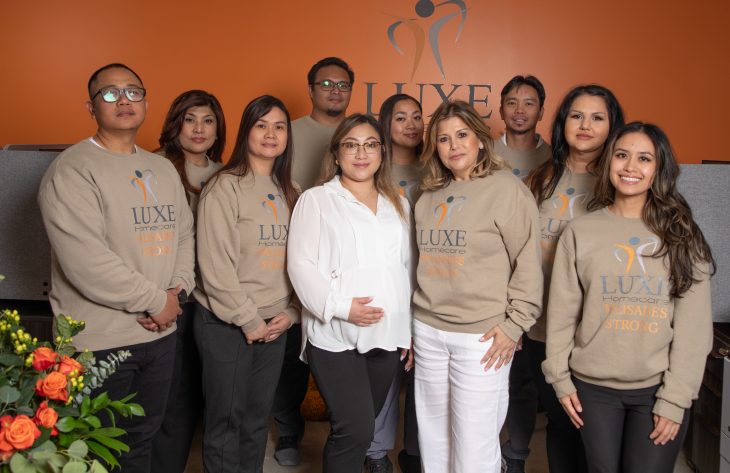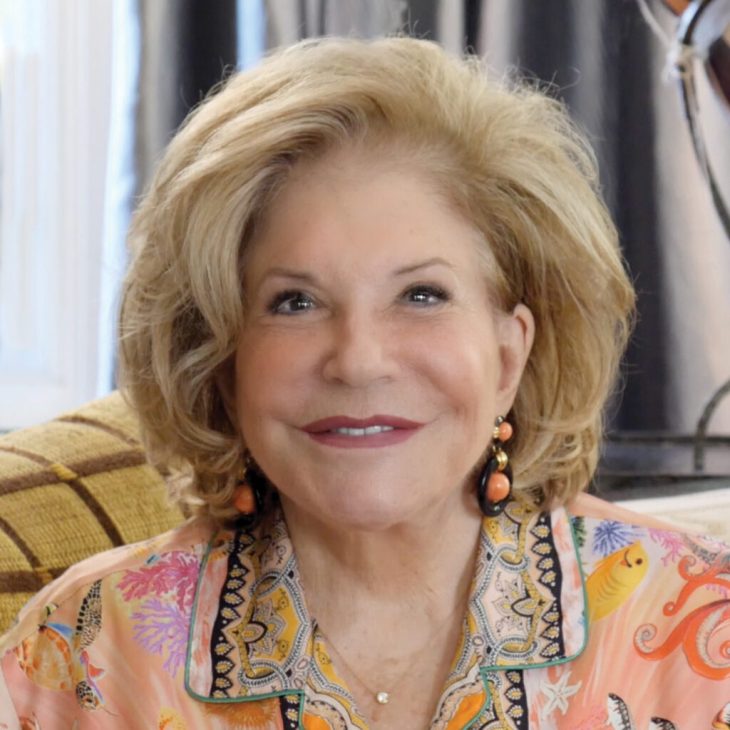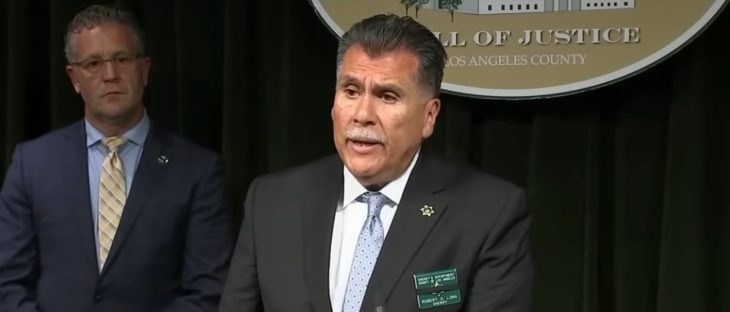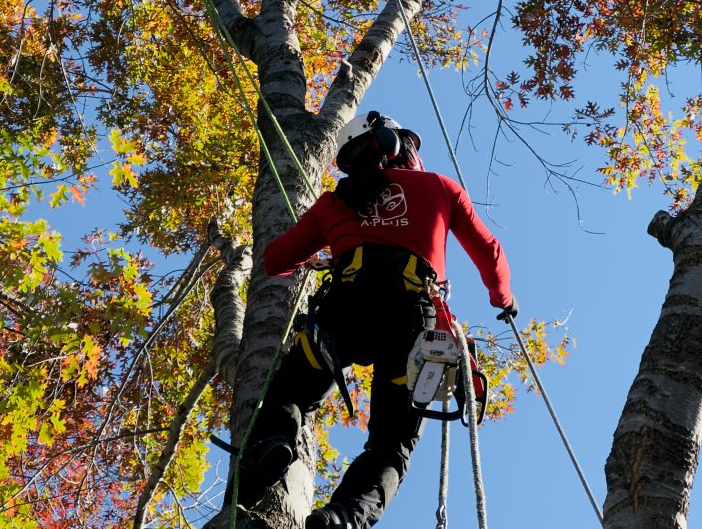The Nanny Doctor
By LAURA DODD
As many Westside families know, either through personal experience or from gossip columns (keyword: Rob Lowe and Jude Law), nannies play an integral role in the home dynamic. On the Westside, there is one caregiver for every three households, estimates Katie Vaughan, president of Westside Nannies, a full service domestic agency, placing full and part-time nannies in households throughout Los Angeles. While the goal is to place a nanny for the long-term, Vaughan’s policy stipulates one

replacement per household. “Some of the nannies we’ve placed have stayed in homes several years, or until the kids are driving or have graduated high school,†she says.
Standards for prospective nannies include reading and writing perfect English, owning an insured vehicle and knowing CPR. The majority are American citizens and have college degrees, with some having advanced degrees. Other nannies come from Mexico, Australia, Europe and Central America.
While the title may vary—nanny, babysitter, housekeeper—the job essentially remains the same: Caring for children.
No one knows the long-term impact of the family-nanny relationship better than the one who works to keep it from unraveling in the first place. Enter The Nanny Doctor. Dr. Lindsay Heller is the Westside’s go-to for help with all things nanny-related. A former nanny with 10 years experience, Heller expanded her clinical psychology private practice in 2007 to encompass the nanny-family bond, with a focus on the attachment theory.
Attachment theory is based on the emotional bond children have with caregivers. While it’s not always pleasant to admit, some children have the strongest tie with their nanny, since it may be she (or he) with whom they spend most of their time. When nanny turnover is high, or endings are abrupt, the impact typically has lasting effects, well into the child’s development of friendships or later, romances.
Heller draws from a volume of lessons learned: In one case, on a house call, she was helping a pregnant mom discuss logistics for the new nanny who was scheduled to begin soon. Her two-and-a-half year old son, playing in empty boxes nearby (the family also happened to be in the middle of a move), overheard their discussion and popped up, with lower lip trembling: “Does the new house come with a nanny, too?†With all the talk of transitions and new baby, the toddler fretted he was losing his beloved nanny.
Heller’s tasks include vetting resumes, conducting interviews, transitioning nannies into (and occasionally, out of) the home and negotiating conflicts.
Ironically, Heller’s experiences, and occasional frustrations, during the nanny phase of her career ultimately led to her launching The Nanny Doctor. As a nanny, she recognized the need for someone on the outside, without pre-conceived notions, to help smooth communication. “When I was a nanny, families would ask me what I thought of their child’s behavior, but at that point, I’m part of the family and no longer objective. If I said something they didn’t want to hear, that would potentially put my job in jeopardy,†she said.
Occasionally, Heller feels she should self-medicate with a dose of her own advice. “I am constantly working with new moms to develop self-care lists so they can be better mothers, wives and friends. But sometimes I am so busy helping others, I forget to look after myself.â€
For more information, visit www.thenannydoctor.com or call (310) 384-9300.


